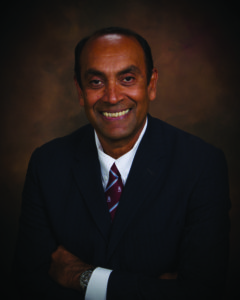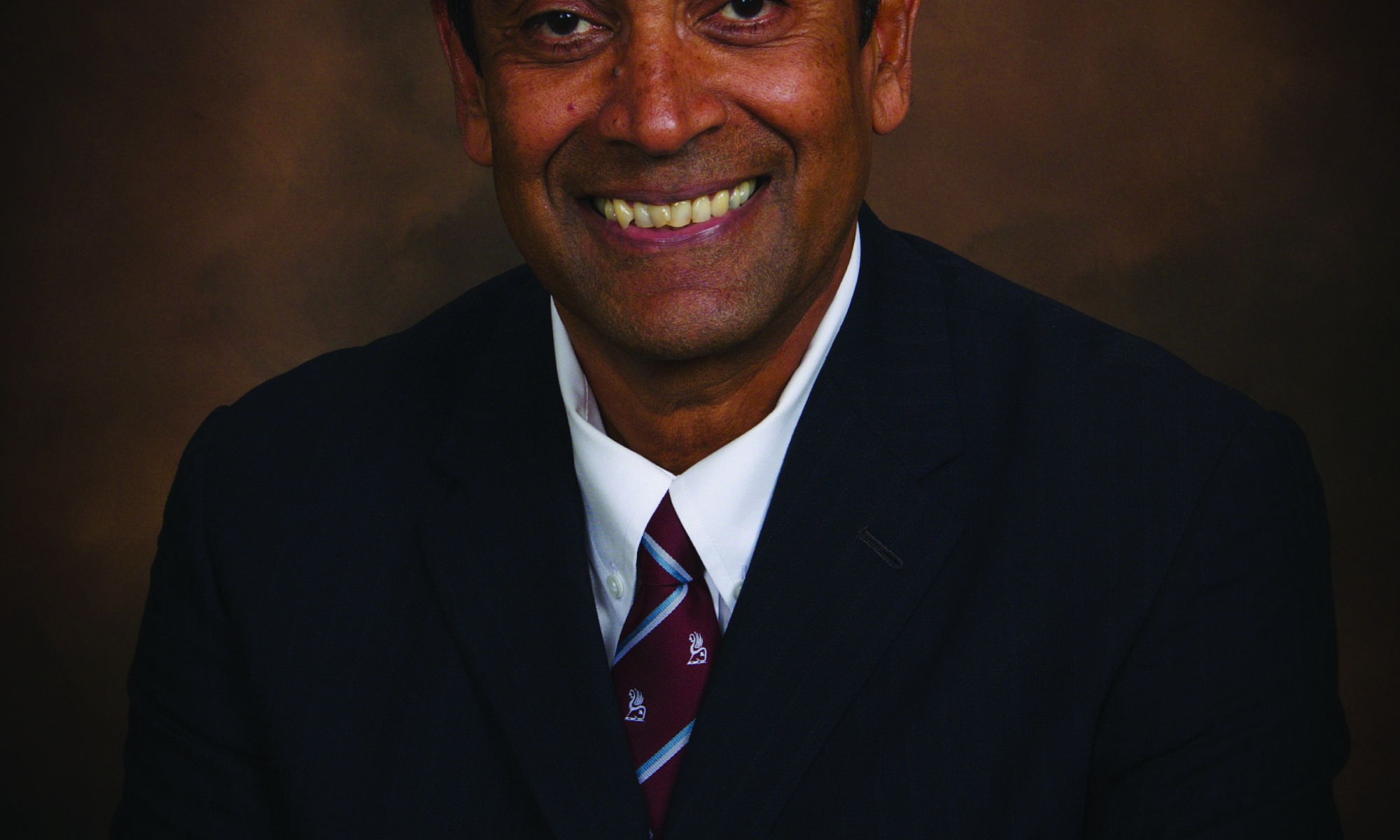 Lecture by Anantanand Rambachan, Professor of Religion, St. Olaf College
Lecture by Anantanand Rambachan, Professor of Religion, St. Olaf College
Thursday, October 9, 7:00 p.m., Sussman Theater, Olmsted Center
Advaita is a non-dual Vedānta tradition within Hinduism, based on an exegesis of the
Upaniṣads, the final sections of the Vedas. Its principal systematizer and exponent is Śaṅkara (ca. 8th CE). Advaita regards the words of the Upanṣads as a valid source for our knowledge of the limitless (brahman). Speaking about brahman, however, is challenging. Brahman is not one object among other objects and is not available for observation through objectification. It possesses none of the characteristics through which words are usually able to describe a subject. Advaita offers a skillful mode of instruction about brahman, employing finite word-symbols to speak of the infinite. This lecture will consider this predicament and the methods employed in the texts and tradition to deal with the limits of language.
Anantanand Rambachan is Professor of Religion at Saint Olaf College, Minnesota, where he
has taught since 1985. His books include, Accomplishing the Accomplished: The Vedas as a
Source of Valid Knowledge in Śaṅkara, The Limits of Scripture: Vivekananda’s Reinterpretation of the Authority of the Vedas, The Advaita Worldview: God, World and Humanity, and A Hindu Theology of Liberation: Not-Two is Not One. The British Broadcasting Corporation transmitted a series of 25 lectures on Hinduism by Professor Rambachan around the world.
Download Rambachan’s Powerpoint Presentation




